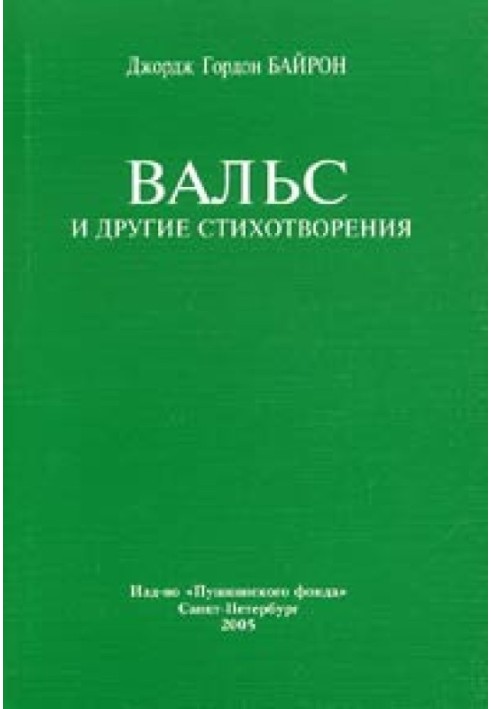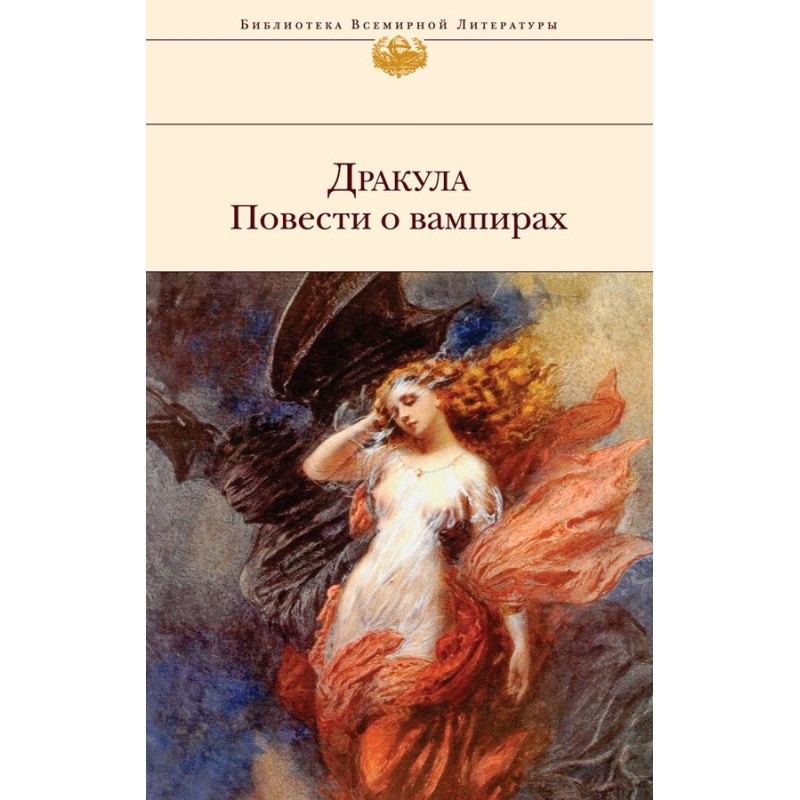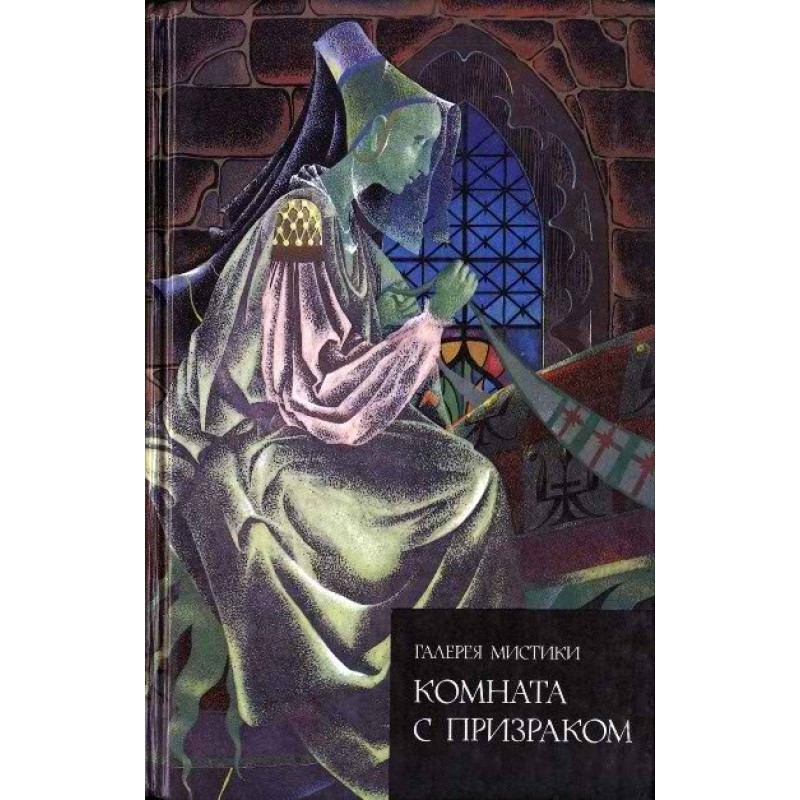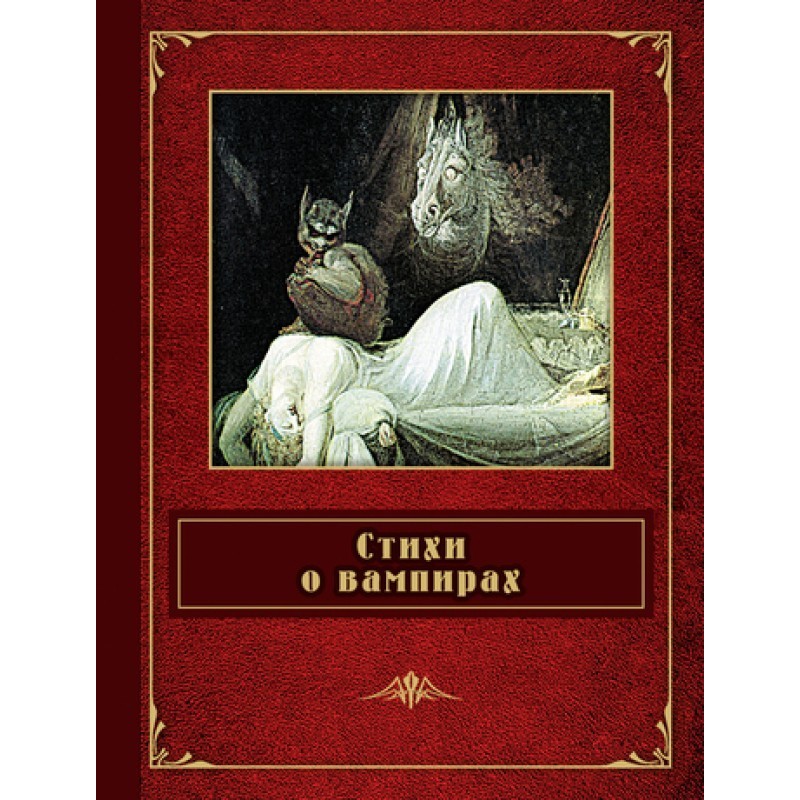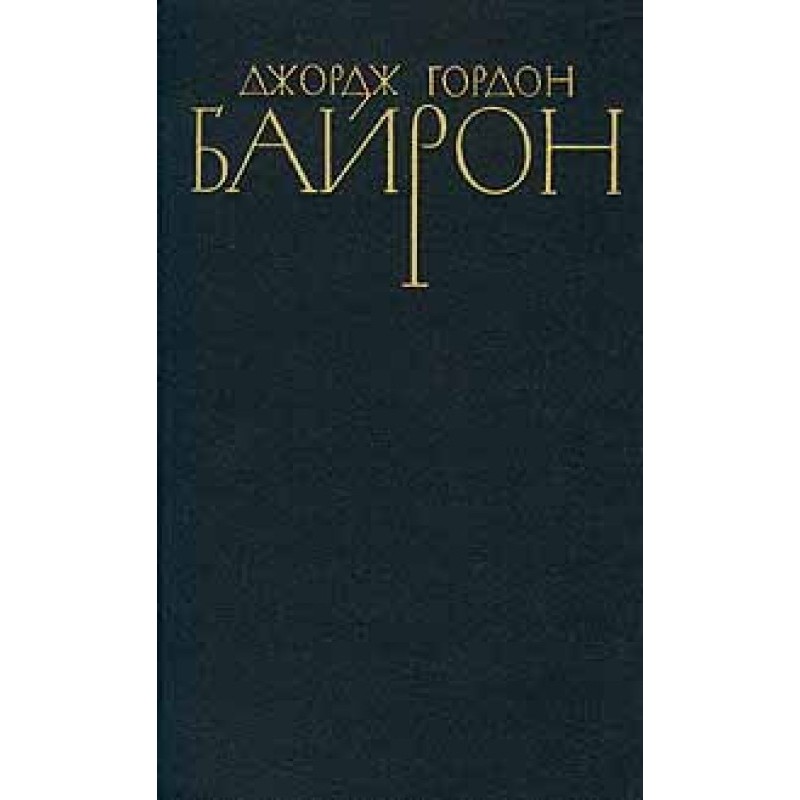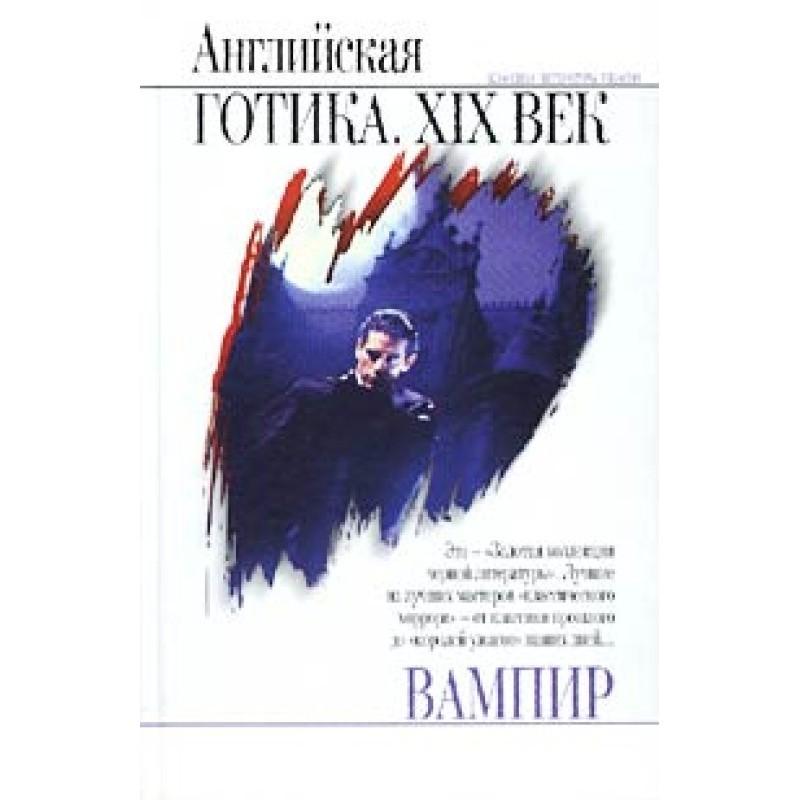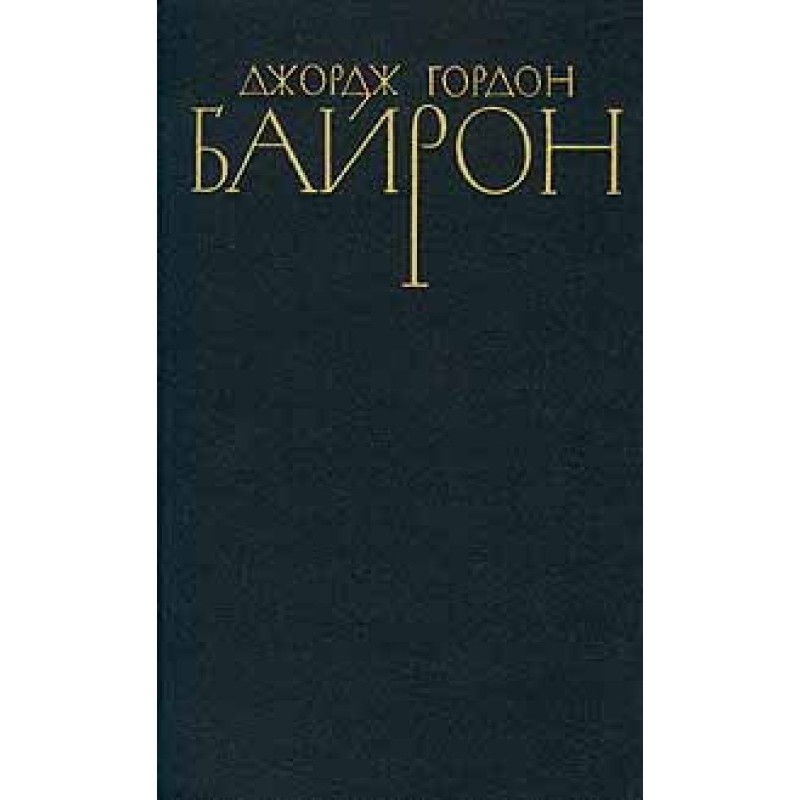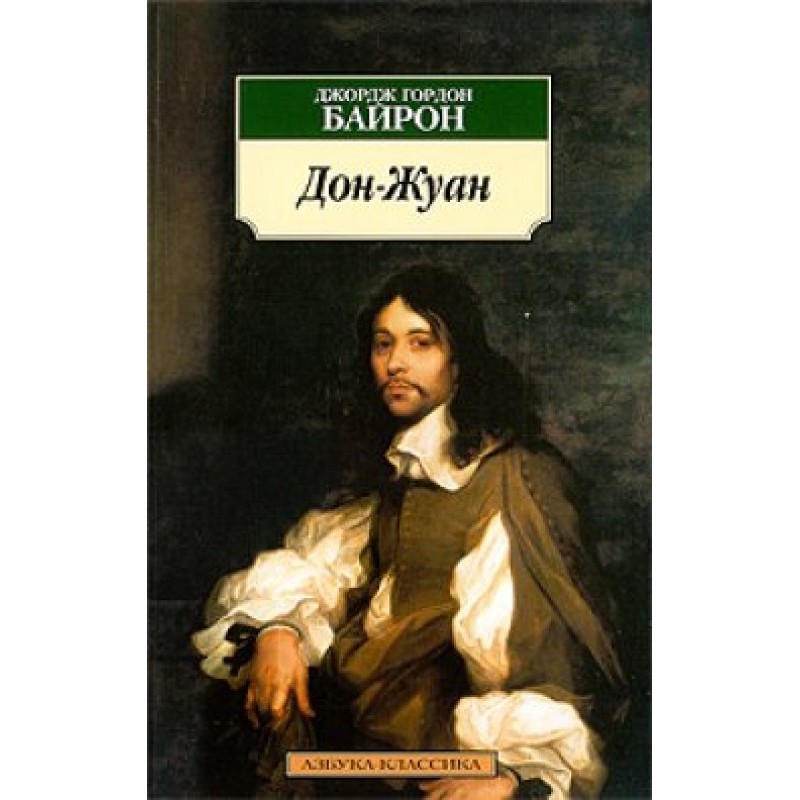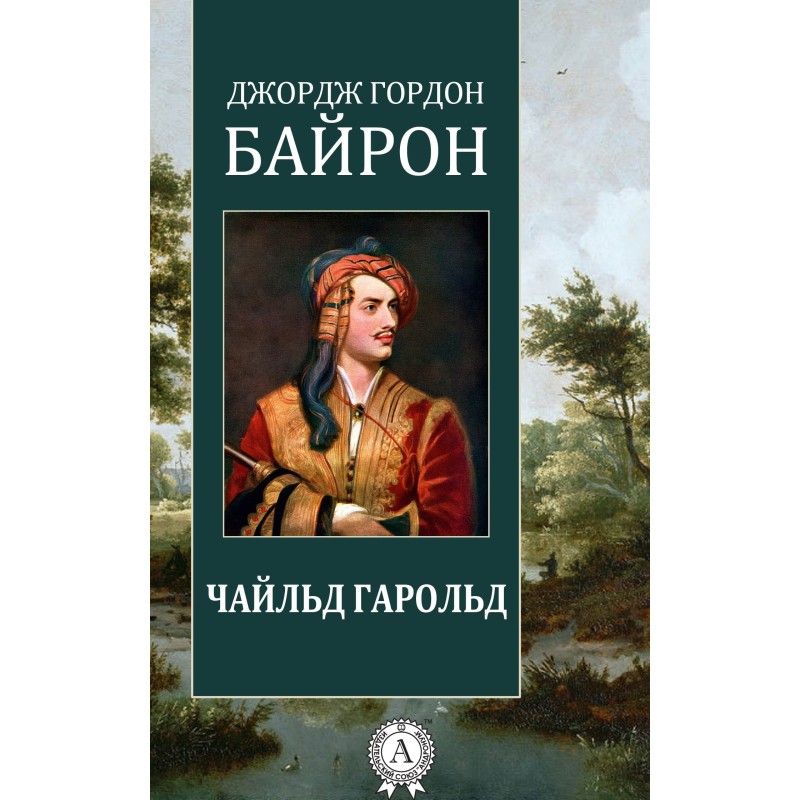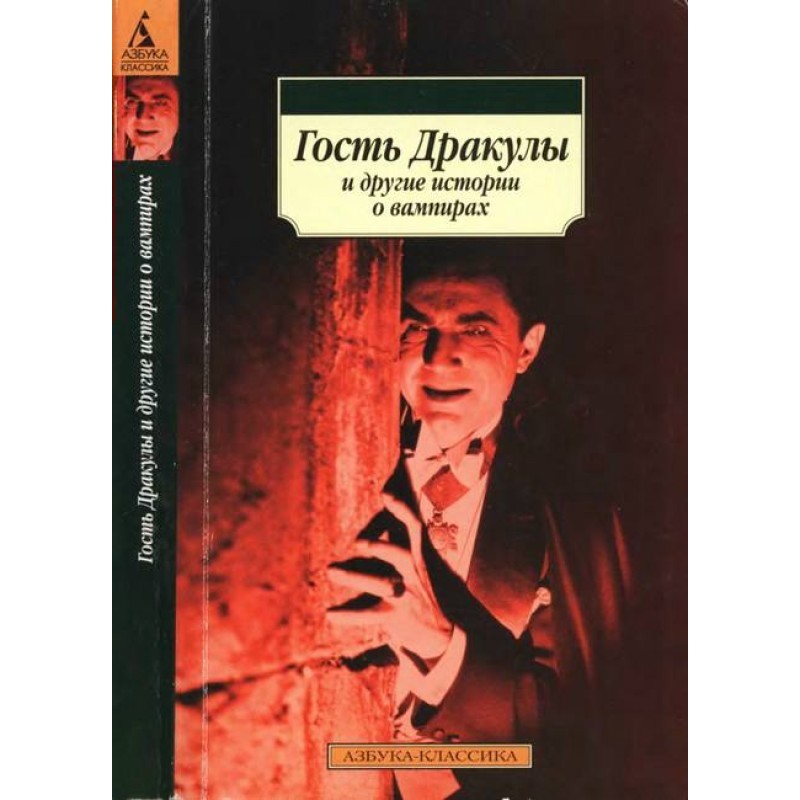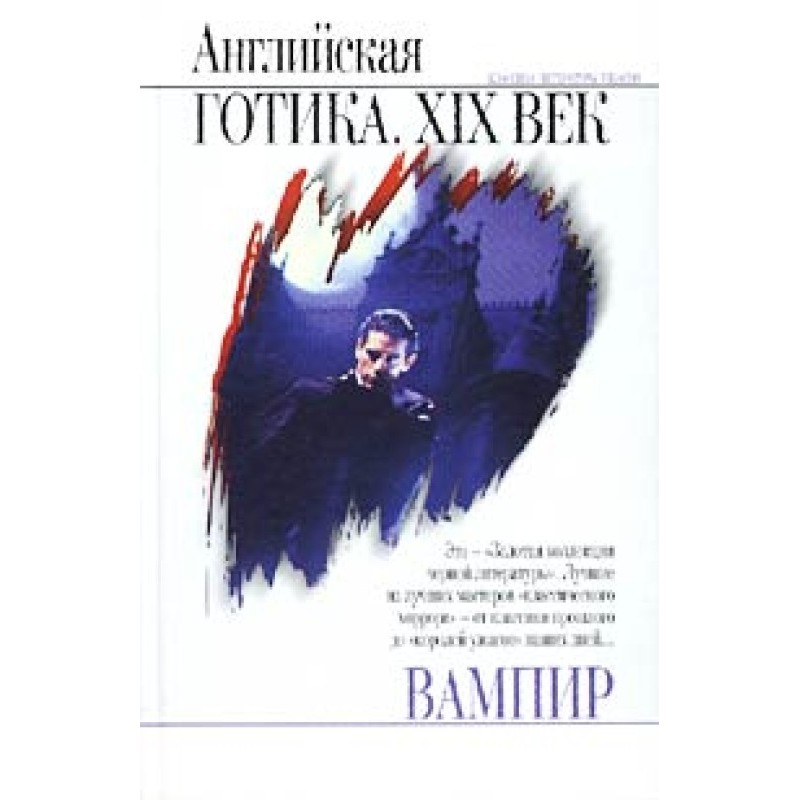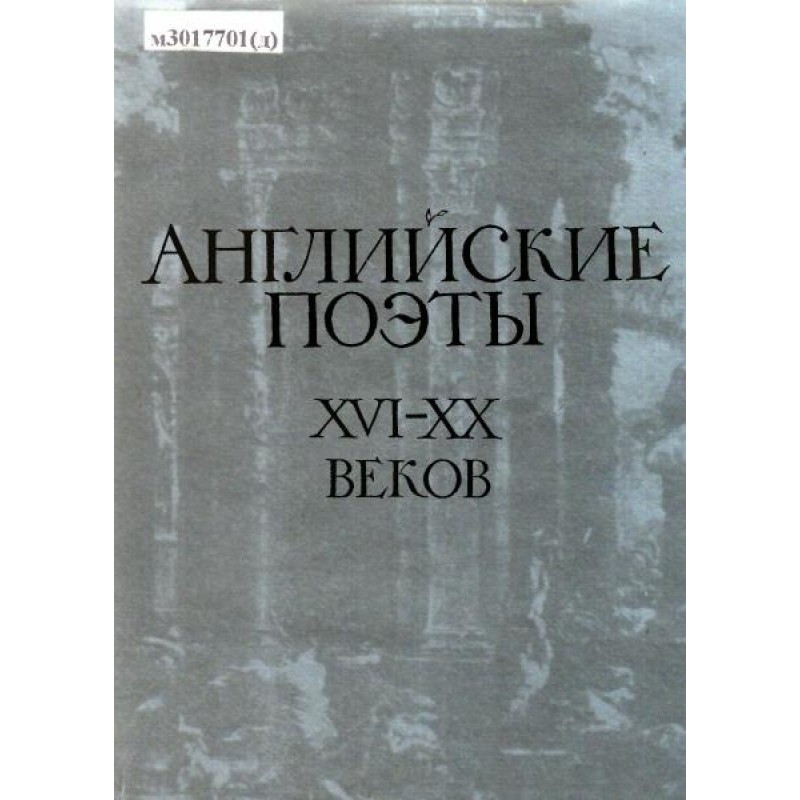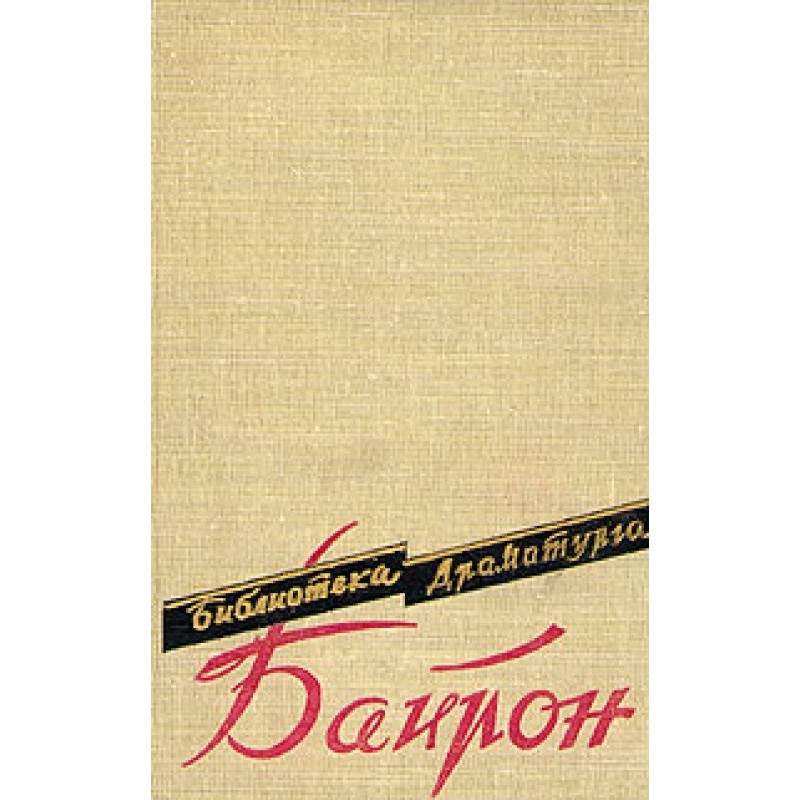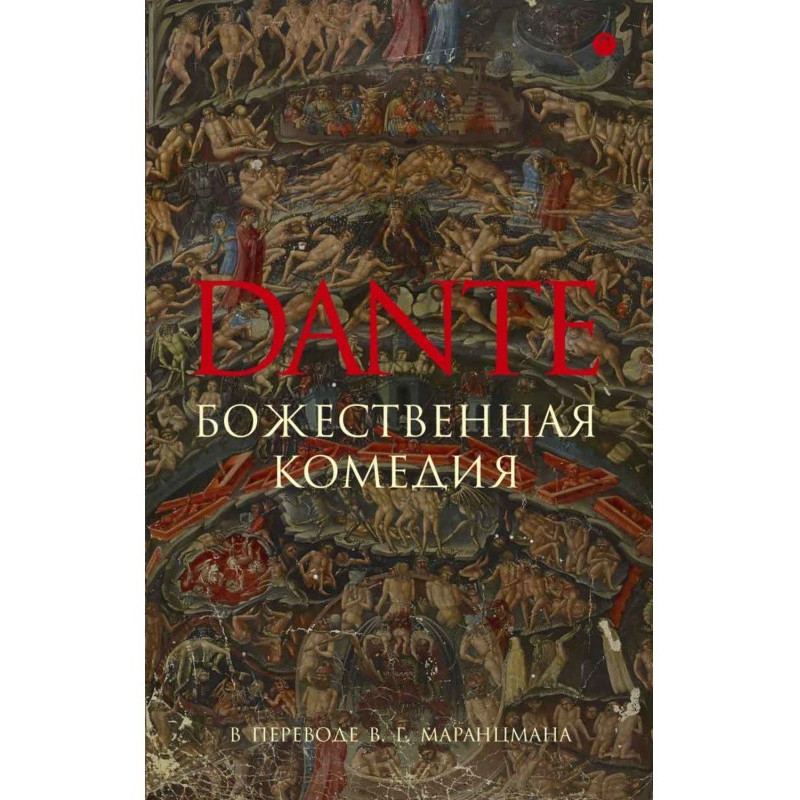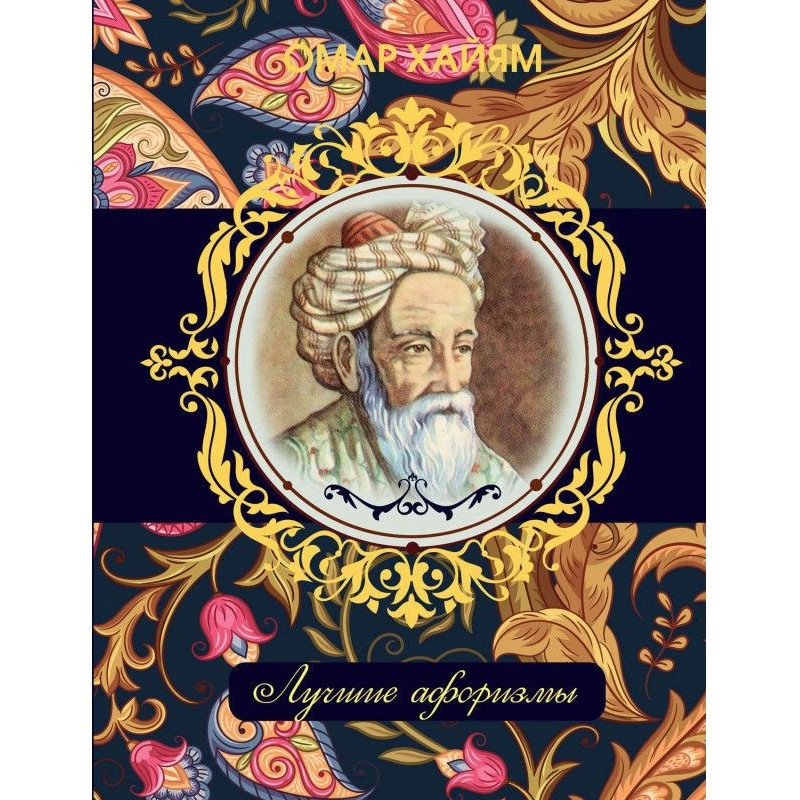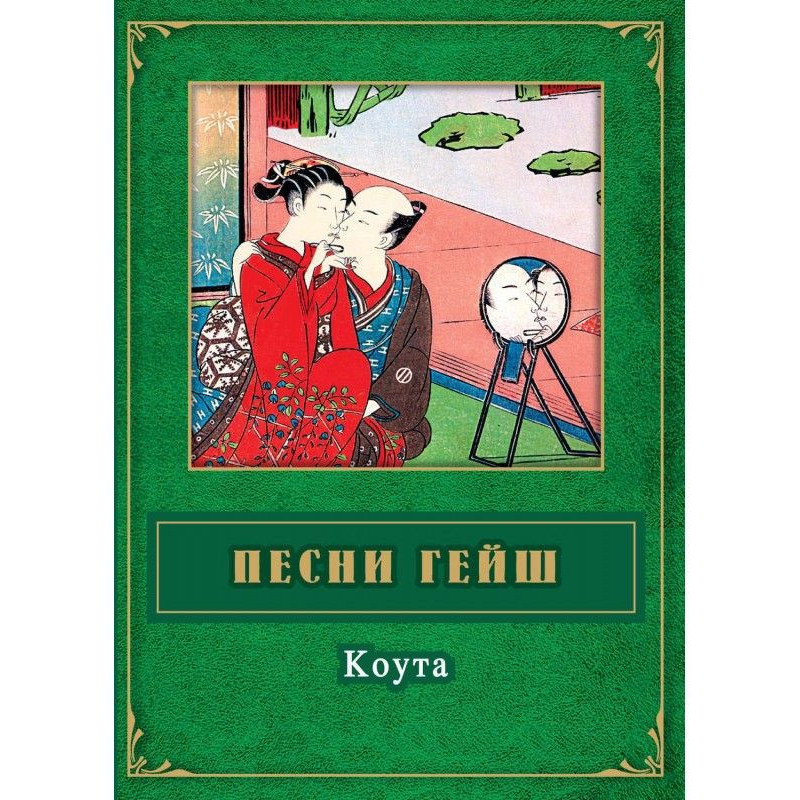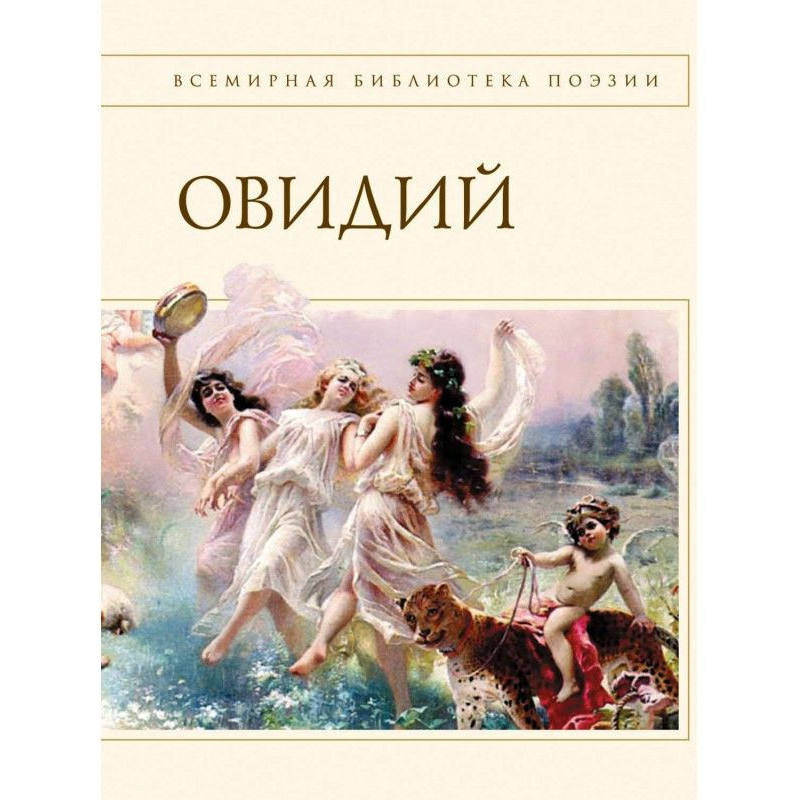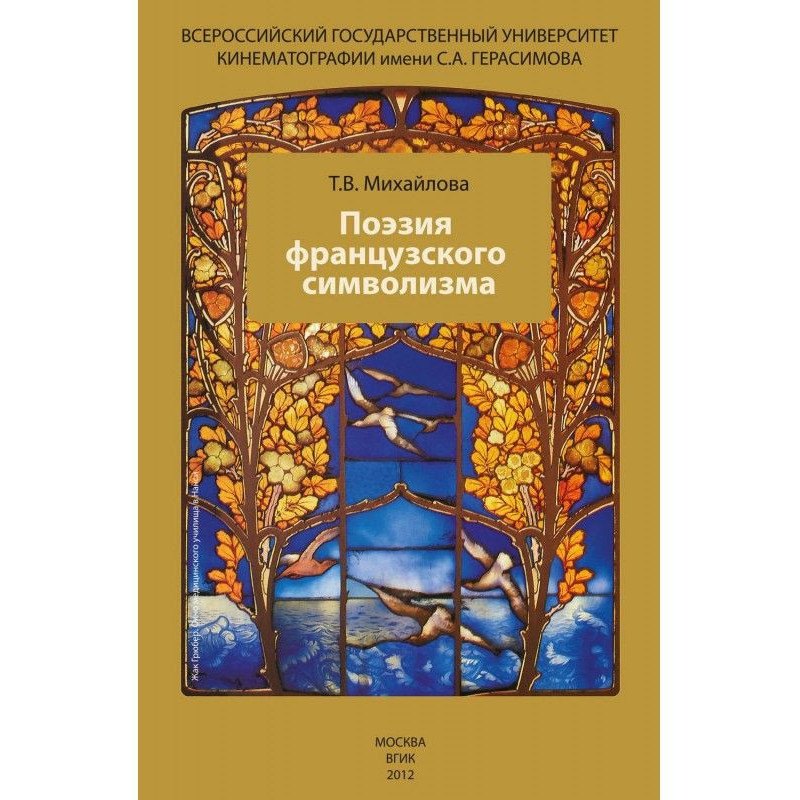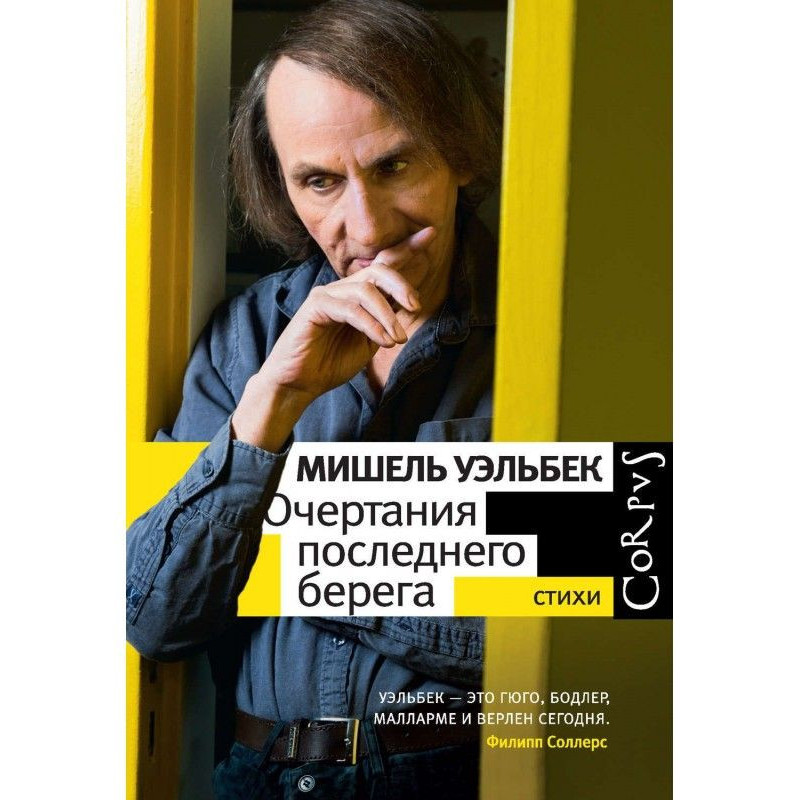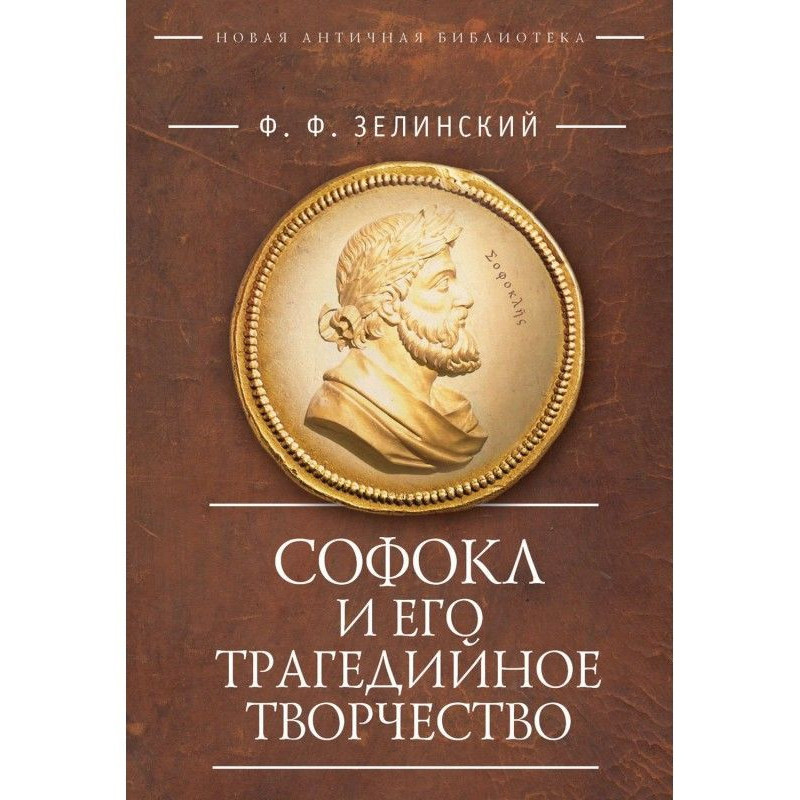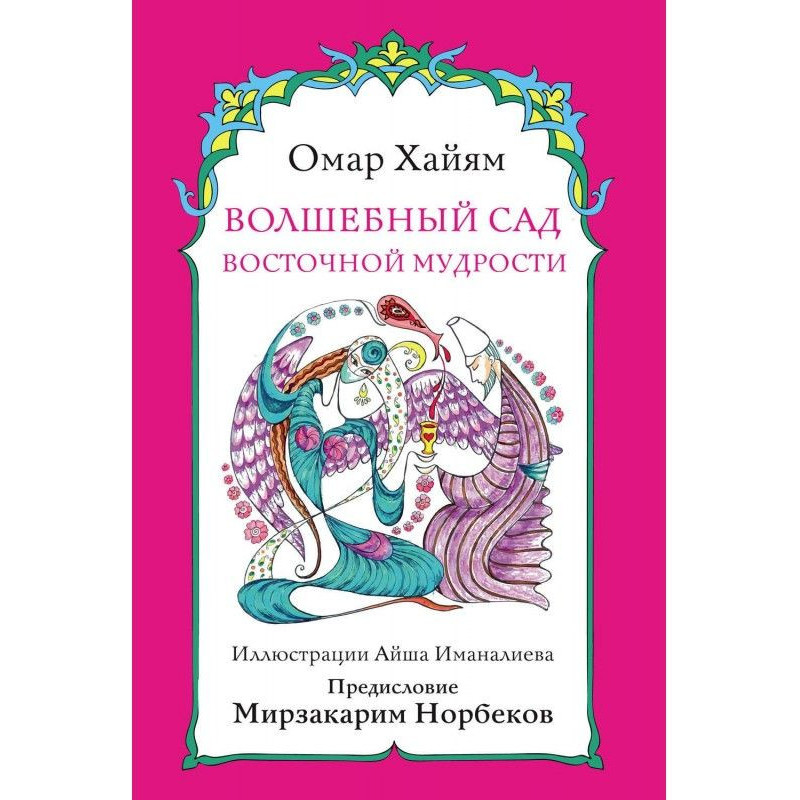Waltz
 Instant download
Instant download
after payment (24/7)
 Wide range of formats
Wide range of formats
(for all gadgets)
 Full book
Full book
(including for Apple and Android)
Lord Byron (1788–1824) does not need to be introduced to the Russian reader. One has only to present him with the small poem “Waltz.” Byron wrote this comic poem in the fall of 1812 at a resort in Cheltenham, and it was published without the author’s signature in 1813. According to Soviet researchers, for Byron this poem “serves as a convenient excuse for ridicule depravity and emptiness of the world, as well as for a caustic characterization of recent political events, which indicated a deepening of the reaction within the country."[1] Although, indeed, Byron makes passing mentions of the depreciation of money or laws that allow “the poor hungry to be hanged,” but that is not what the poem is mainly about. It is about the fact that the waltz, which came from Germany and became fashionable in England, unlike all previous high-society dances, provides considerable opportunities for physical intimacy: according to Byron, the waltz is not so much a dance as such, but an emblem of the sexuality of society. Perhaps it was precisely because of the “indecency” of this topic that Soviet publishers did not like the poem “Waltz.” Indeed, the waltz initially aroused in England not only delight, but also serious opposition. Opponents of this dance made a fuss, mothers forbade their daughters to dance it, every ballroom became a battlefield. As the memoirist, Captain R.H. Gronow writes, only “when the Russian Tsar Alexander I, tightly pulled into a uniform, decorated with many orders, without embarrassment (after the publication of Byron’s poem - G.B.) danced a waltz in the club" Almak“, and Lord Palmerston whirled Mrs. Lieven in a waltz,”[2] prejudice against the waltz evaporated, and it became a standard, generally accepted dance.
Data sheet
- Name of the Author
- Джордж Байрон Гордон
- Language
- Ukrainian
- Translator
- Георгий Евсеевич Бен

